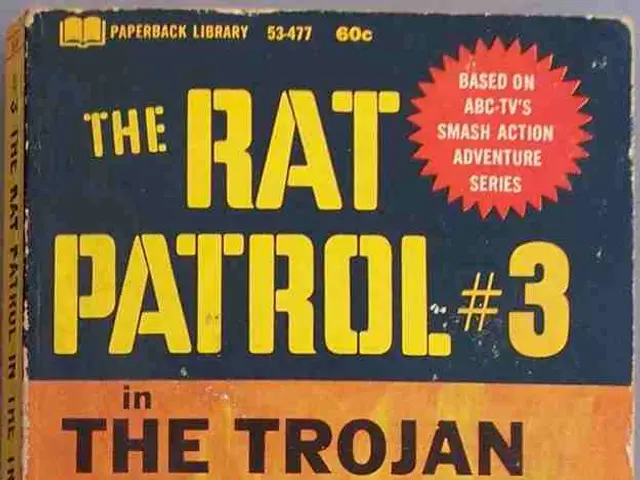Dissenting Democrats Call for Emergency Legislative Meeting to Counter Trump's Budget Reductions, Bucking Party Leaders' Decision
In the heart of New York, a severe housing crisis looms in Ulster County, as progressive lawmakers call on state legislators to act on President Trump's federal cuts. The cuts, part of the "One Big, Beautiful Bill Act," are expected to slash over $1 trillion from Medicaid and the Supplemental Nutrition Assistance Program (SNAP) over the next decade.
Progressive leaders and groups, including Carolyn Martinez-Class of Citizen Action of New York, have been rallying, urging the legislature to reconvene and raise taxes to avoid cuts to lifeline services. Close to a third of county residents are enrolled in Medicaid, and 18,000 households depend on SNAP. A good share of the county's Medicaid recipients are under the state's Essential Plan, which will be hit particularly hard by incoming federal cuts.
However, New York lawmakers have not called a special session to address these cuts. Political divisions and reluctance by top Democrats, concerns about overuse and abuse of special sessions, balancing fiscal realities and constitutional budget requirements, and competing legislative priorities and timing are some key reasons behind this decision.
Progressive lawmakers have pushed for a special session to counter Trump's cuts, but this has seen resistance or lack of support from leading Democrats, reflecting political disagreements on how to respond to federal fiscal actions. There is a perception among some lawmakers, including Republicans, that special sessions have lost their significance because they are convened too frequently for issues that could be addressed in regular sessions.
Some lawmakers argue that certain topics linked to federal cuts could be incorporated during the regular session to avoid scheduling additional special meetings. Ulster County Executive Jen Metzger, who supports a special session, wrote an op-ed urging the state to raise taxes on the wealthy and corporations to counteract the federal cuts.
The delayed state budget, delivered in June, largely ignored inevitable federal cuts. The result is billions less in federal support for New York's Medicaid program, the most generous in the country, with nearly 7 million New Yorkers enrolled. An unprecedented funding cliff for SNAP, which feeds 1.7 million households statewide, is also expected.
John Kaehny of Reinvent Albany suggested a series of public hearings this year to provide the public with a better understanding of what Medicaid and SNAP could look like in the years to come. Despite the high stakes and tight deadline, top Democrats have ruled out the need for a special session, delaying the matter until next year.
Assemblymember Valdez expressed concern about legislators' reluctance to return to Albany, stating that the political will has dissipated. Despite these challenges, progressive pressures persist, and it remains to be seen whether New York lawmakers will call a special session to address the federal funding cuts.
- Progressive leaders in New York are urging state legislators to act on President Trump's federal cuts, specifically targeting Medicaid and the Supplemental Nutrition Assistance Program (SNAP).
- The housing crisis in Ulster County is exacerbated by these cuts, affecting nearly a third of county residents who are enrolled in Medicaid and 18,000 households that depend on SNAP.
- The "One Big, Beautiful Bill Act" is expected to slash over $1 trillion from Medicaid and SNAP over the next decade.
- New York lawmakers have not called a special session to address these cuts, citing political divisions, fiscal realities, constitutional budget requirements, competing legislative priorities, and concerns about overuse and abuse of special sessions.
- progressive lawmakers are pushing for a special session to counter Trump's cuts, but this has seen resistance or lack of support from leading Democrats.
- Close to a good share of the county's Medicaid recipients are under the state's Essential Plan, which will be hit particularly hard by incoming federal cuts.
- Ulster County Executive Jen Metzger supports a special session and has called for raising taxes on the wealthy and corporations to counteract the federal cuts.
- John Kaehny of Reinvent Albany suggests a series of public hearings this year to provide the public with a better understanding of Medicaid and SNAP's future.
- The delayed state budget largely ignored inevitable federal cuts, resulting in billions less in federal support for New York's Medicaid program and an unprecedented funding cliff for SNAP.
- Despite concerns and political pressures, top Democrats have ruled out the need for a special session, delaying the matter until next year.







